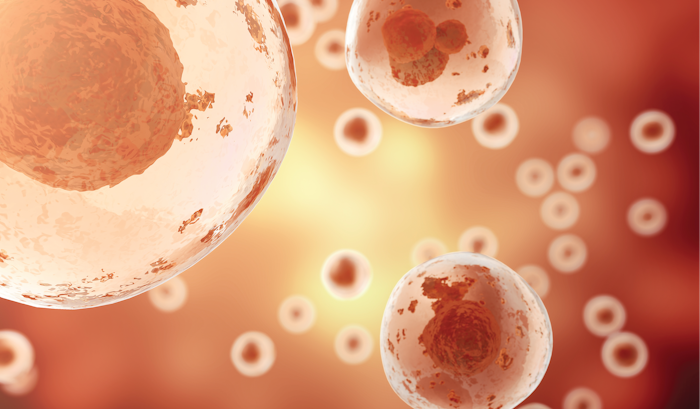CDC42 RHOJ Interaction Inhibitors for the Treatment of Neurofibromatosis
Email Principal Investigator
About this
Project
Neurofibromatosis type 2, a disorder driven by Merlin mutation, can cause significant life long issues such as permanent hearing loss. While recent advances have identified the drug selumetinib as a promising therapy for these tumors, this drug can induce serious side effects that reduce compliance and tolerance. This is a particular problem as NF2 patients will require prolonged treatment with these agents to preserve their hearing. To combat this issue, researchers are looking for compounds that can be used in conjunction with selumetinib in an effort to increase the effectiveness of overall treatment. Researchers have developed a lead molecule, ALY101, that inhibits angiogenesis, or the formation of new blood vessels that support tumor growth. The compound has drug-like properties, is well tolerated in experimental animals, and can inhibit the growth of tumor grafts in mice. This project proposes to examine whether this compound could be a new treatment for NF2 by examining whether it can inhibit the growth of patient-derived cell lines in a laboratory before developing a clinical trial. Rare and high quality cell lines provided by the Pediatric Brain Tumor Atlas will support this project. Completion of this work will lead to future studies investigating whether this drug could be used to treat NF2 patients.
Ask The
Scientists
What are the goals of this project?
The goals of this project are to explore the molecule ALY101 in the treatment of NF2 tumors in an effort to reduce side effects of selumetinib and reduce overall hearing loss.
What is the impact of this project?
If this compound is found to be useful for NF2 patients, it could lead to increased treatment compliance and better outcomes.
Why is the CBTN request important to this project?
High quality quality NF2 specimens are rare, making the Children’s Brain Tumor Networks contribution to this work invaluable.
Specimen Data
NF2 Biosolutions and CBTN will be contributing samples to this project.






